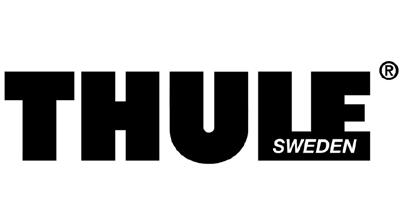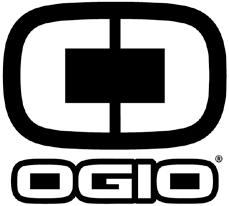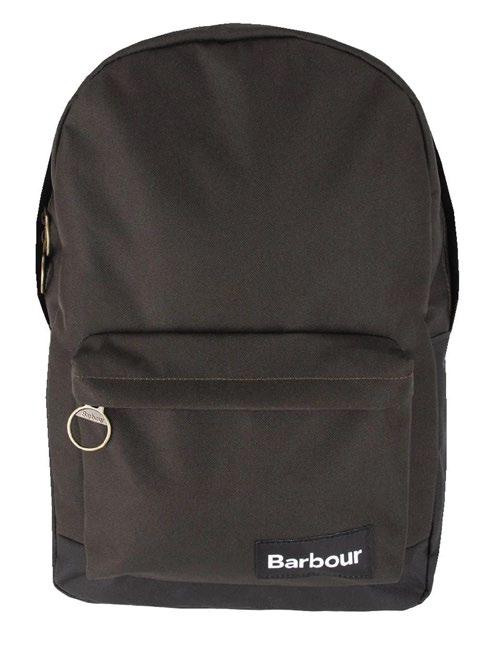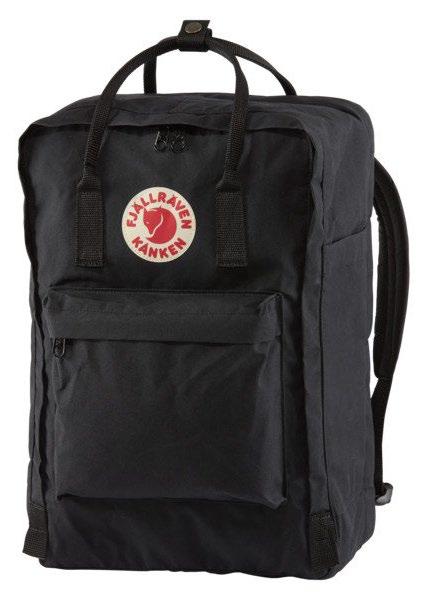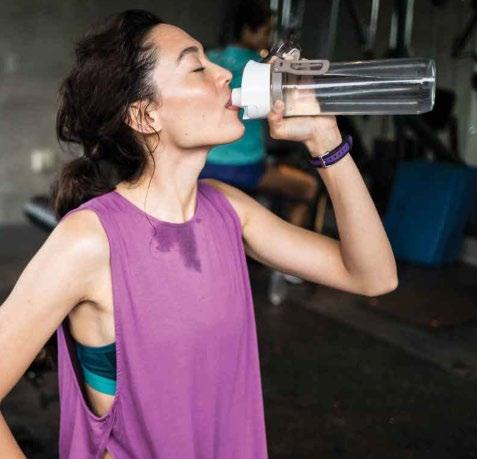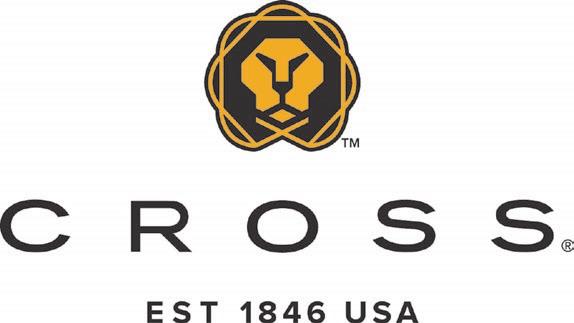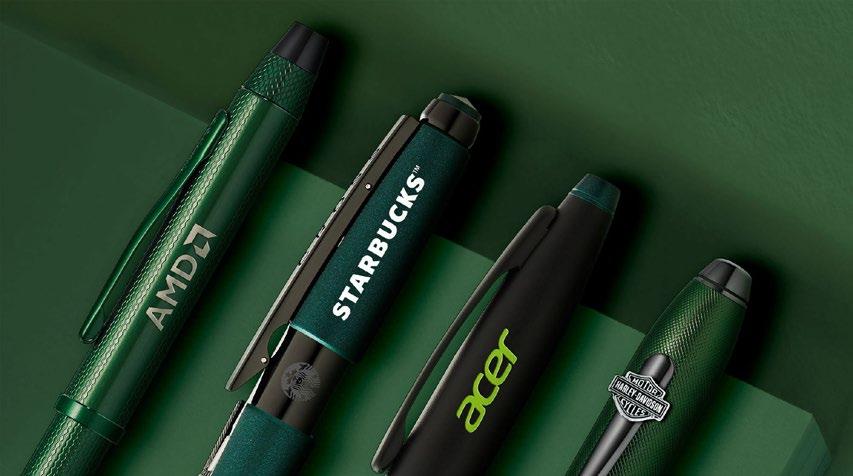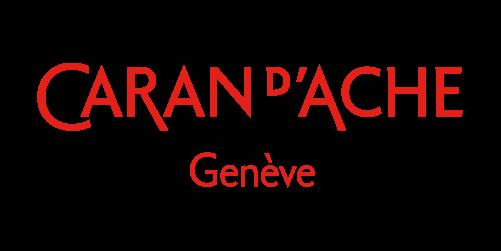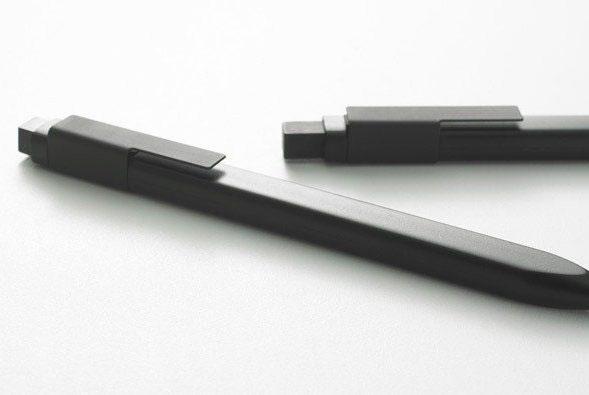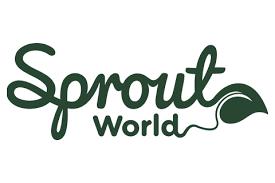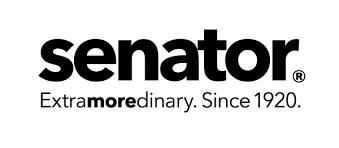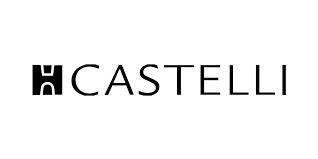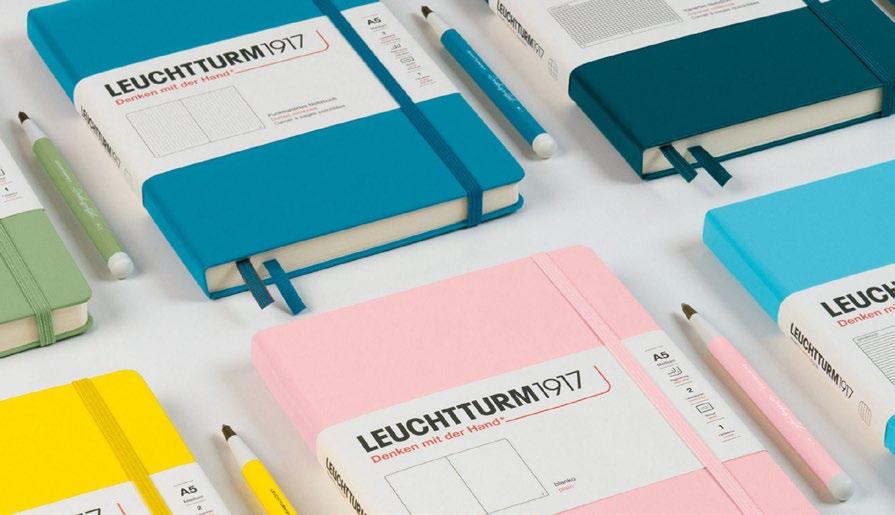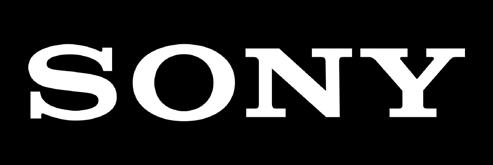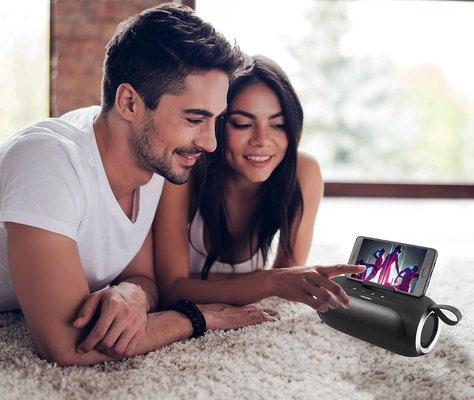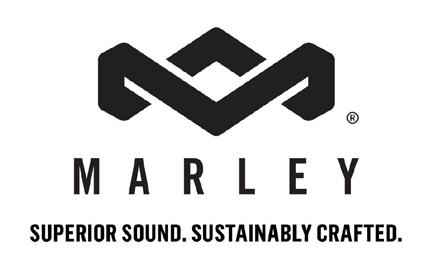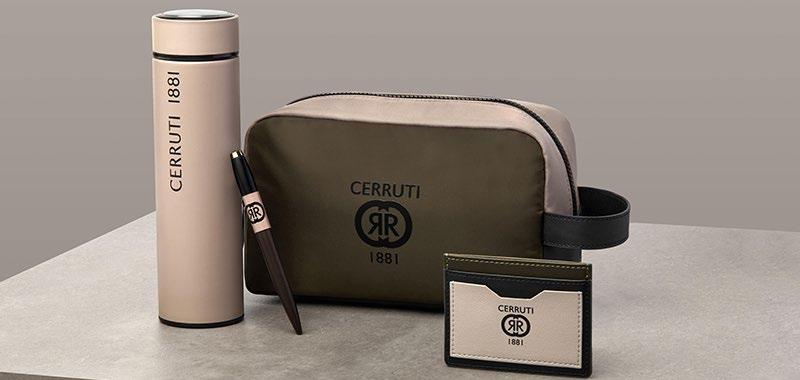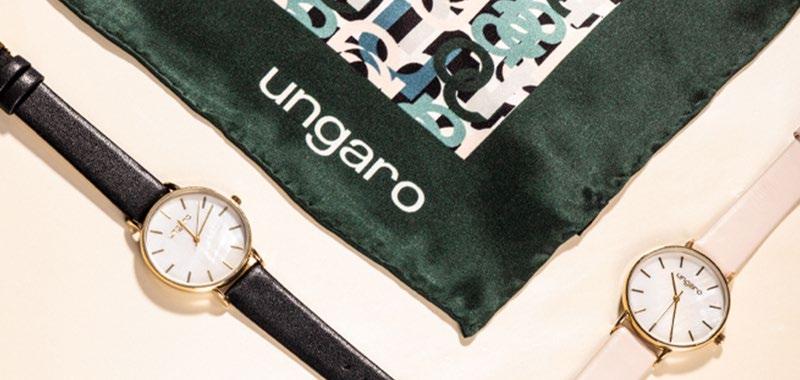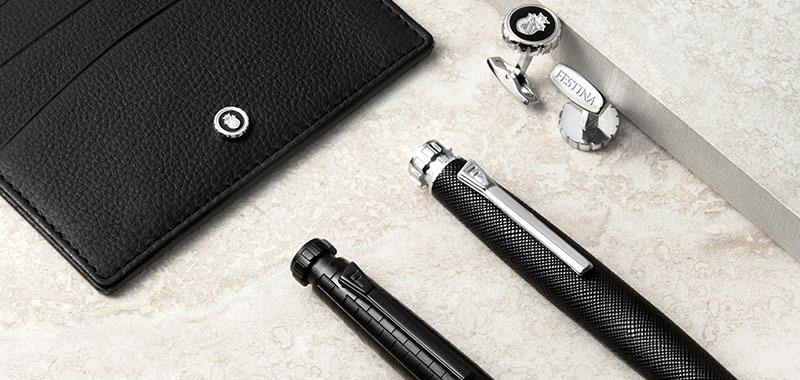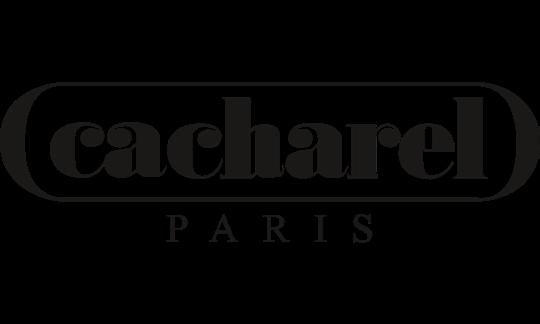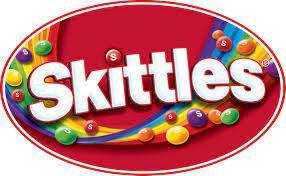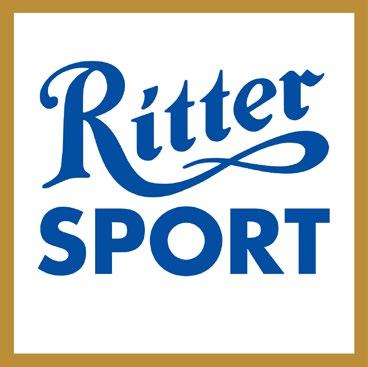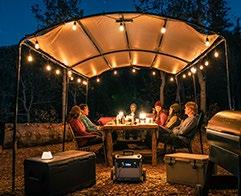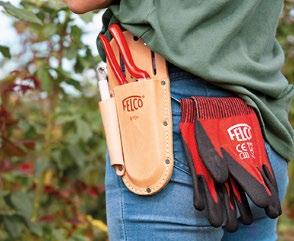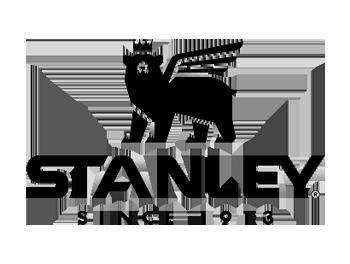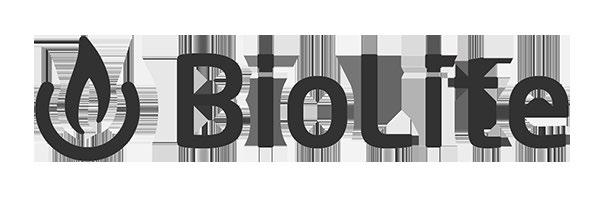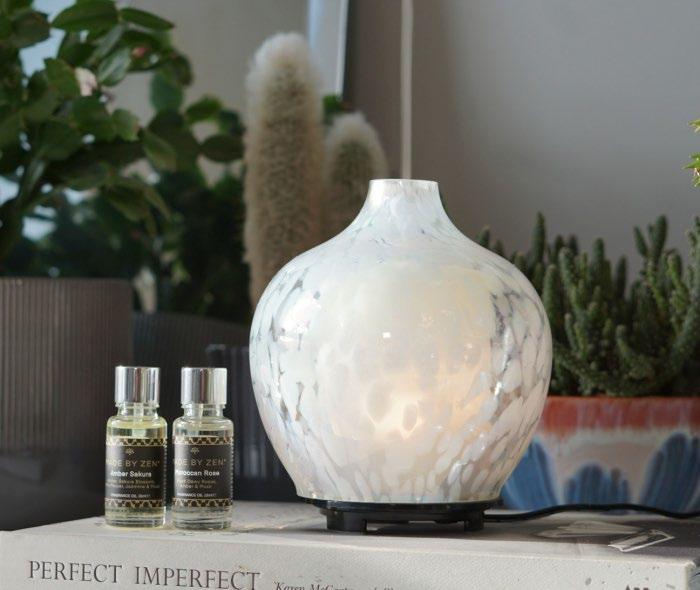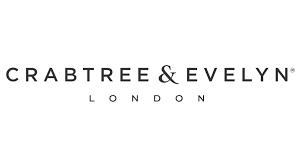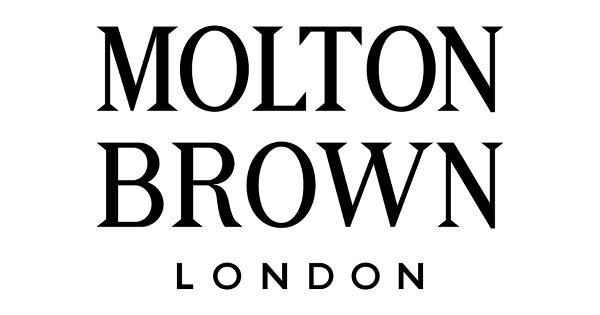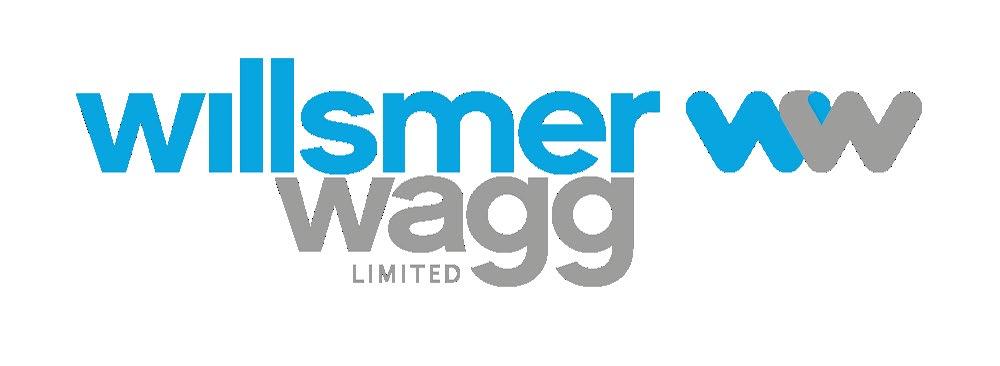
















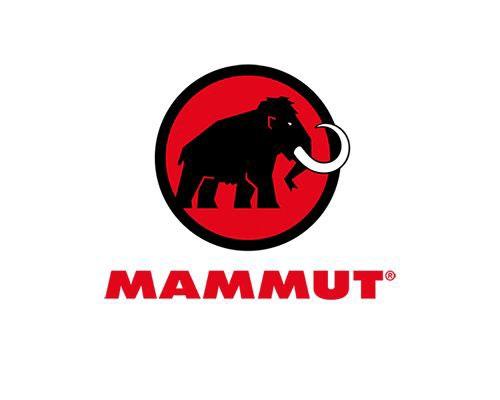



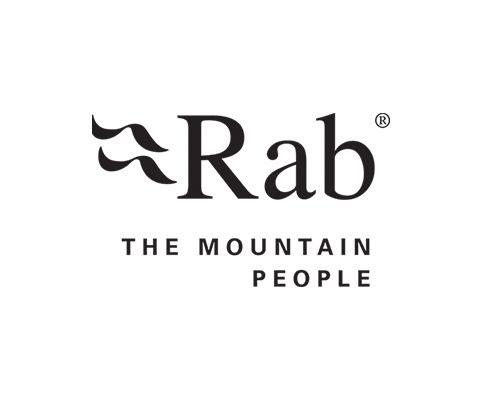


















































The Barbour story began in 1894 in the Market Place in South Shields and today remains in the North East. World-renowned for their quilted and wax jackets, Barbour remains true to its core values as a family business.

Born in the North East of England from a single idea by Peter Lockey and Gordon Davison. Our Berghaus range now includes jackets, fleeces, t-shirts and a range of planet-friendly products!

View our main apparel brands catalogue here…

Born in Cornwall in 2003, from the needs of hardy British surfers, Finisterre designs functional and sustainable products that challenge what has gone before. They choose the right fabrics, reduce their use of single-use plastics and have been a certified B Corp since 2021.

Born in the UK out of a passion for the outdoors, Montane strives to push the boundaries of endurance and go one step further. Their range of tops, jackets, fleeces and trousers are crammed full of innovation for the most extreme expeditions.

Craghoppers was founded in Batley, West Yorkshire in 1965. They are committed to making great products in the most sustainable way they can. All of their gear uses 100% PFC-free fabrics.

In a small attic in Sheffield in 1981, it was here that Rab Carrington made the first sleeping bag to bear his name. Rab use cuttingedge, premium materials in all their products and have an extensive range of eco products such as the Cirrus jacket, to ensure they can stand the test of time.

The North Face have set an ambitious goal to ensure all products made are with recycled, regenerative, organic or responsibly-sourced renewable fabrics. They are committed to improving the environmental performance of their products through innovations in materials development and manufacturing.


View our main apparel brands catalogue here…


Starting as Chouinard Equipment selling climbing equipment in 1973, Yvon Chouinard was very aware of the impact his sport was having on the planet and so wanted to create more sustainable gear. For years, Patagonia has been working within its business and throughout its supply chain to reduce its environmental footprint. Within their offices they run on 100% renewable energy, use only organically grown cotton in all their products and aim to be Netzero by 2030.
For a company to be permitted to purchase co-branded apparel, it must be aligned with Patagonia’s core mission and values. Patagonia’s mission statement, “in business to save our home planet” lays emphasis on the overall impact of their products and business model has on the world. Therefore, they wish to expand this ethos into their corporate division. As a general rule, if a company doesn’t have an active presence in protecting the planet or driving change in environmental practice, it will not be permitted. Companies that work in green energy like Solar and Wind would naturally be aligned. Furthermore, companies that are B-Corp or are part of movements like 1% for The Planet, Pledge 1%, and PlanetMark would also be welcomed to partner. If you are interested in co-branding with Patagonia products please contact us and we can check if your company is eligible.

Throughout the years, Fjallraven has put more and more emphasis on their sustainable development; to develop on nature's terms. In the last 20 years, they have introduced the Eco-Shell, the Down Promise and the Fjallraven Way – our Code of Conduct.


Sustainability is a MASSIVE part of what Kathmandu do, and they're always looking for ways to do business better. As a B-Corp, they want to use business to have positive effects on the environment, because they see the importance of protecting our planet and the places we play.

With a strong history in the outdoors industry dating back to 1862, Mammut has a strong urge to preserve what's worth preserving and transform what's not perfect yet. The Mammut “WE CARE” philosophy aims to reduce wastage of water, textiles and other valuables to a minimum, while perfecting craftsmanship longevity and performance of their products.
Craghoppers aim is to make their products as sustainable as possible. By reducing their carbon footprint, energy usage and having zero waste landfill, they take their commitment to the environment extremely seriously. In 2020, they won “Brand of the Year” at the Drapers Sustainable Fashion Awards in recognition of the progress they have made.

Jack Wolfskin’s sustainability goals continually drive them to develop innovative and eco-friendly materials. As a result, products are made from recycled materials, contain no PFC’s, natural fur or angora wool.


Since day one, Finisterre have taken a pioneering approach to making better and more sustainable product, challenging and innovating, seeking alternatives to what has gone before. They're committed to making informed decisions about our impact on the environment and are constantly trying to push boundaries to make the best product they can. Certified as a B Corp.

Berghaus has racked up over 50 years of experience making mountain gear, so it's no surprise that looking after the planet is something they feel very strongly about. Products marked with the MadeKind label mean they’re better for the planet and are made from recycled material, organic cotton, or natural sources.



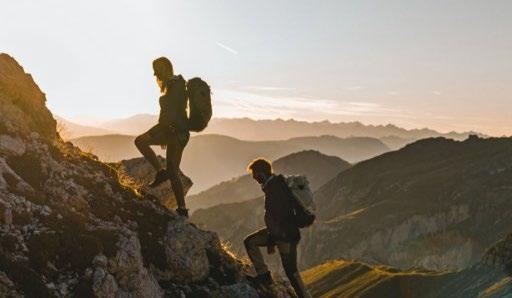
Rab creates industry-leading products that don’t compromise on performance. Using more recycled fabrics and challenging manufacturing processes are two of the radical steps they took to reduce their carbon footprint and in 2020 became a certified Carbon Neutral company.










